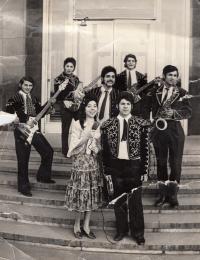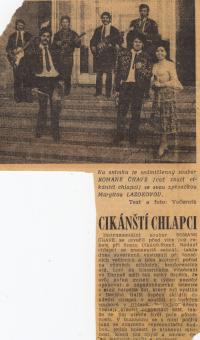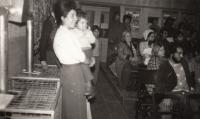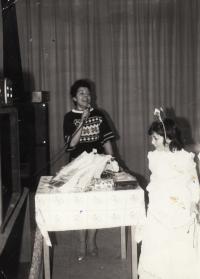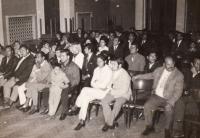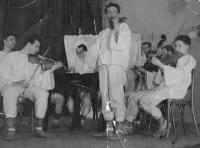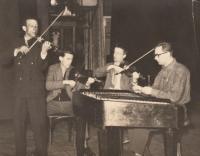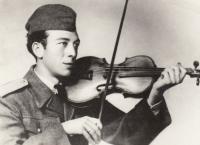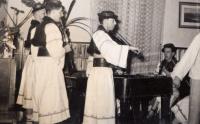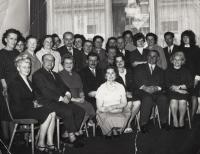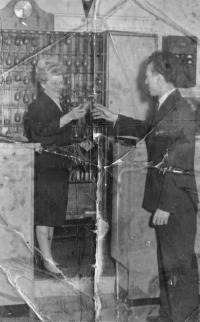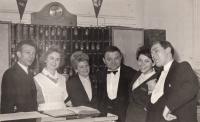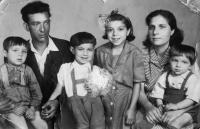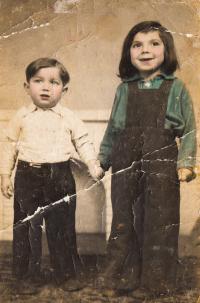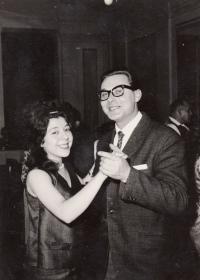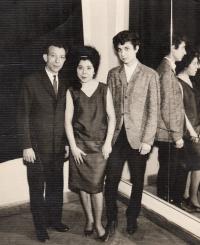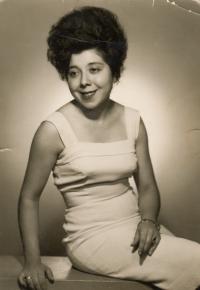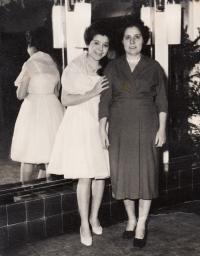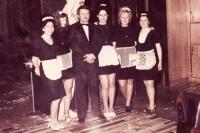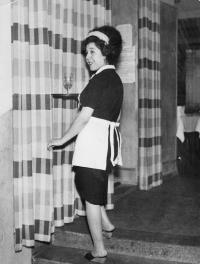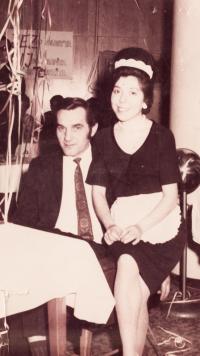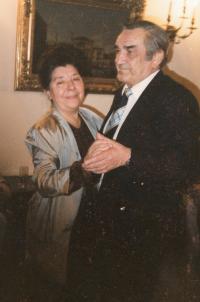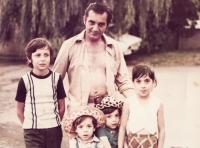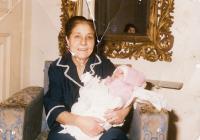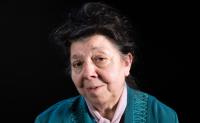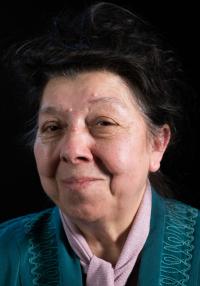I would like to see less of a gulf between Romani people and the majority
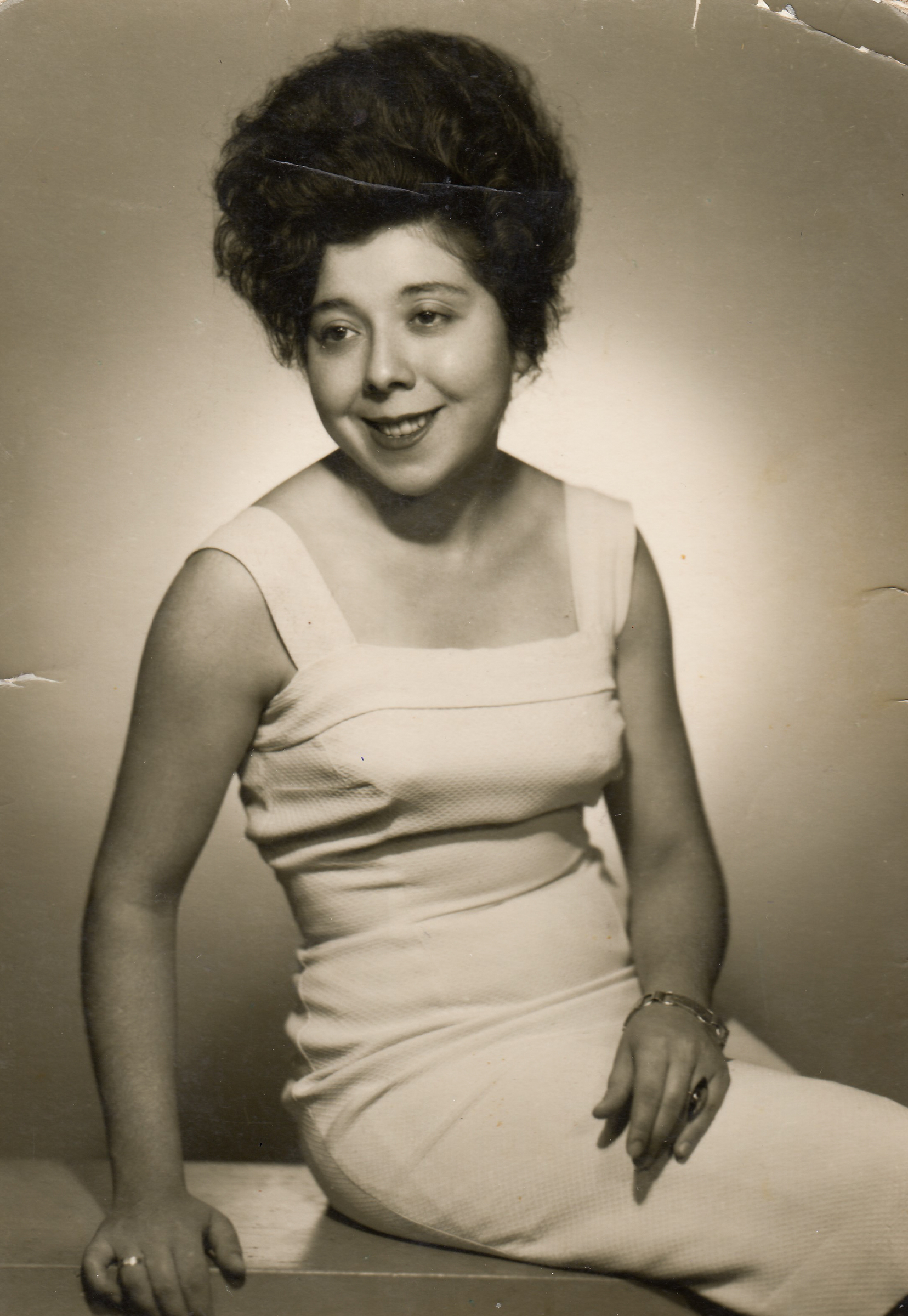
Stáhnout obrázek
Margita Lázoková was born in 1945 in south-eastern Slovakia in the Roma settlement of Brzotín into a family of Romani musicians. In 1946 her and her family moved to Czechia - first the south Moravian village of Kutina and later to Brno where she lives to this day. After elementary school she started attending a higher medical school. She suspended her studies due to her father‘s serious illness and her taking up his job at the reception desk in hotel Astoria. Here she worked her way up to become a waitress in the hotel restaurant. In 1967 she along with some of the personnel transferred to the newly-opened restaurant Bohéma. While working she undertook vocational training as cook-waiter, brought up five children and at the same time worked in „commissions for the gypsy population“. At times of her youth she was also a member of the folk ensemble Pol‘ana. From 1969 till 1973 she took part in the Union of Gypsy-Roma, and after 1989 was engaged in the Roma Civic Initiative and actively collaborated with the Association of Roma in Moravia. Through her work she strives to improve relations between Romani people and the majority.
